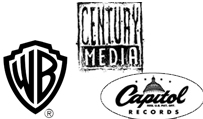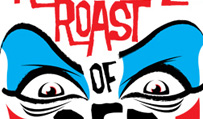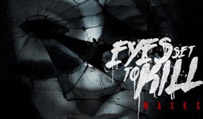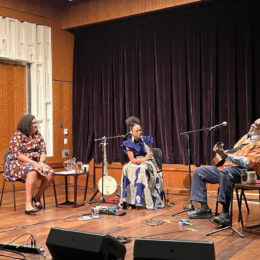By Bernard Baur
Every year it seems as if A&R reps expect artists to bring more and more to the table if they want a record deal. For the most part, this year is no exception. However, we also found A&R who are willing to develop acts if there is significant potential for success. To find out what it takes to get a label deal today we contacted a variety of label executives and A&R reps from some of the hottest majors and indies on the planet. Their insights will help you understand what you need to do to get their attention.
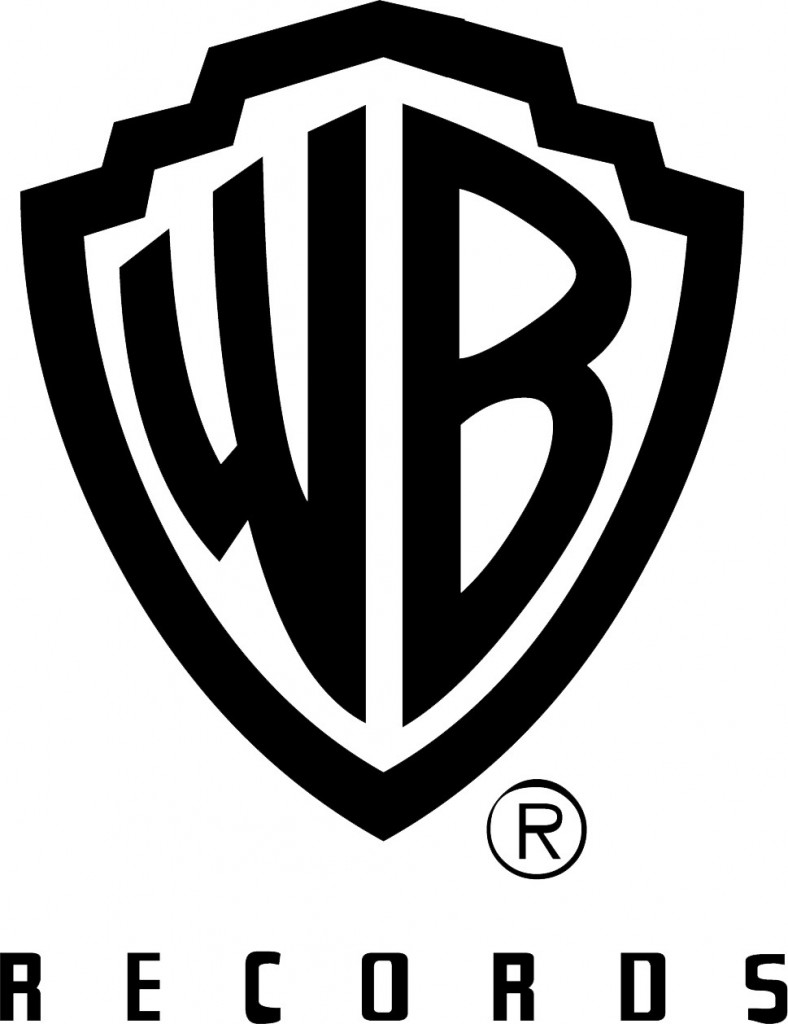 WARNER BROS. RECORDS
WARNER BROS. RECORDS
Greg Federspiel, A&R
http://warnerbrosrecords.com
A former artist, Greg Federspiel was a member of the alternative rock band Making April (Universal Republic), an act that has sold over 100,000 tracks on iTunes. He’s been an A&R executive for almost two years and handles a couple of pop-rock acts for Warner Bros., known as one of the world’s leading rock labels, with a star-studded roster.
WHAT’S THE HARDEST PART OF YOUR JOB?
Signing new acts. There’s a high turnover rate in A&R, and you could lose your job if you fail. At many labels you’re expected to get instant results. So A&R tend to be very cautious about new signings. If it’s a high-profile signing and a big money deal, you just put a target on your head. It’d better work—in a big way—or you’re out the door. That’s why it can take some time, often months, before a deal is offered. Artists just have to be patient, and understand that an A&R rep could lose his job if he’s wrong.
DO ARTISTS NEED A LABEL TO BE SUCCESSFUL?
The indie market is full of DIY artists that are doing quite well. If you have real talent and are willing to work very hard, a DIY act can make a couple hundred grand a year. For many artists that is success. However, if they want more on a bigger scale, they need the support a label can give them. A good label has resources most artists can only dream about. It can take them to the next level and beyond.
WHAT QUALITIES DO YOU LOOK FOR IN ARTISTS?
I look for long-term potential. As a former artist I tend to be more creative regarding artist development. But I need to be sure they’re worth my time. To determine that, I check sales stats, social media sites and research everything I can before I pursue an act. I want to know what’s going on, what they’ve done and whether or not they’re marketable.
HOW IMPORTANT ARE SOCIAL MEDIA NUMBERS?
They can be important, but they can also be gamed. We all know that you can buy numbers. So I look for indicators that tell me whether or not they’re accurate or suspicious. I want to see fan engagement at a high level, not just big numbers and little engagement.
WHAT ARE YOU LOOKING FOR IN PARTICULAR?
I want to find timeless artists who can play stadiums. I want their music to transcend over generations. They should have a signature sound, a radio voice and hit material. Those are all incredibly important factors. Then, if I believe I can work with an act, I’m more willing to take a chance.
WHY ARE COURTING PERIODS SO LONG?
It takes time to get everyone on the same page. As an A&R executive, you want all the departments to work with you, and that takes time. It only goes quickly if the label chairman or president pulls the trigger.
CONTACT INFO
You can email me at [email protected]. But do not include attachments. I won’t open them. Instead, send me a link to the music. I prefer SoundCloud.

